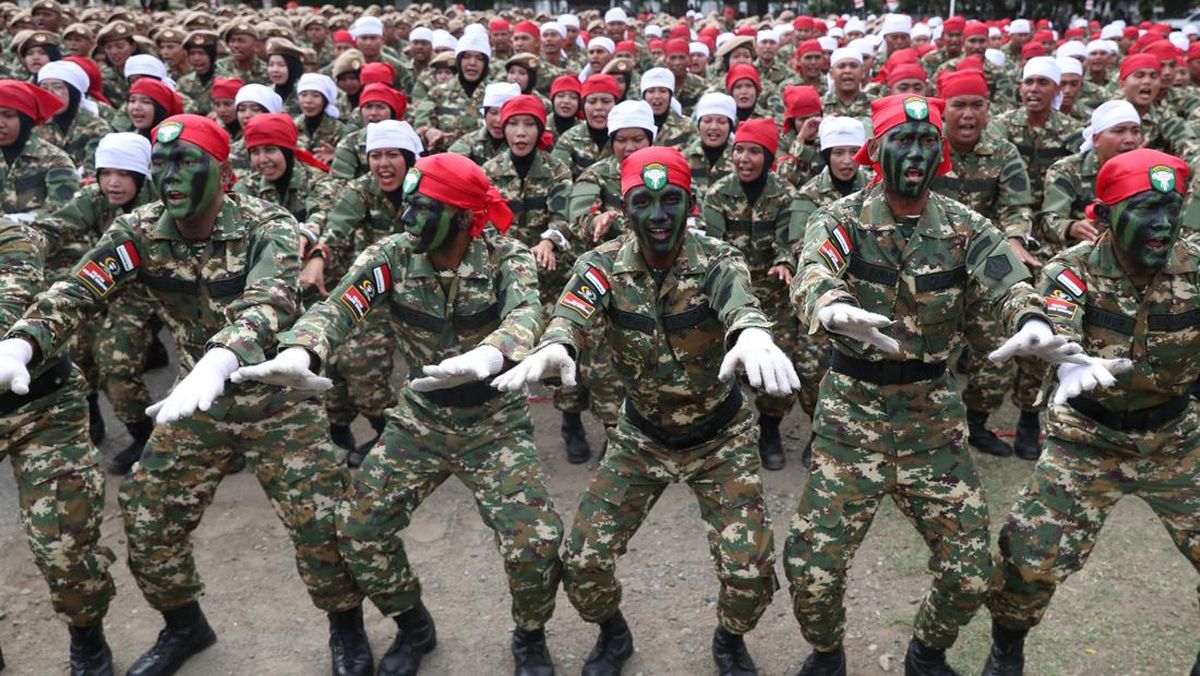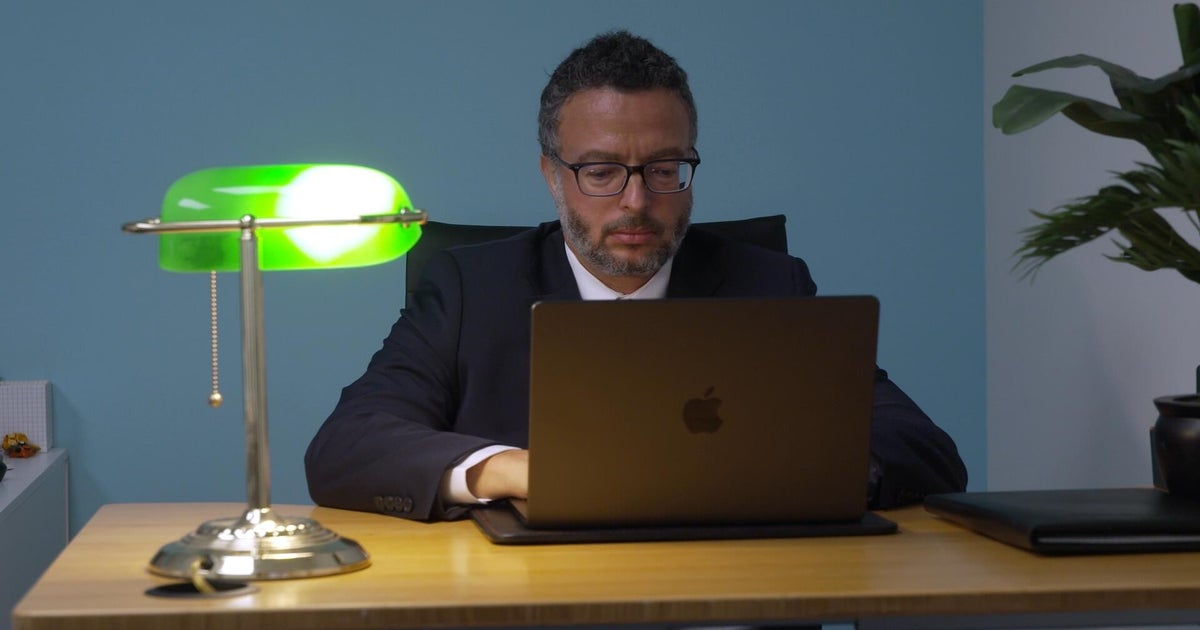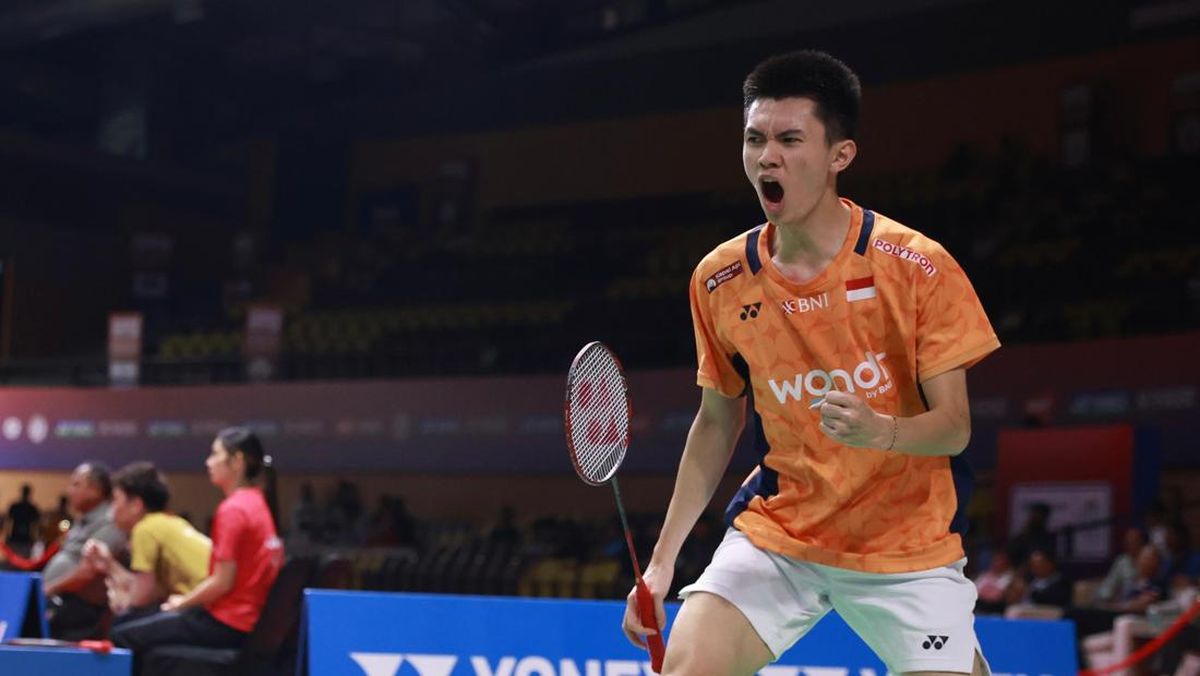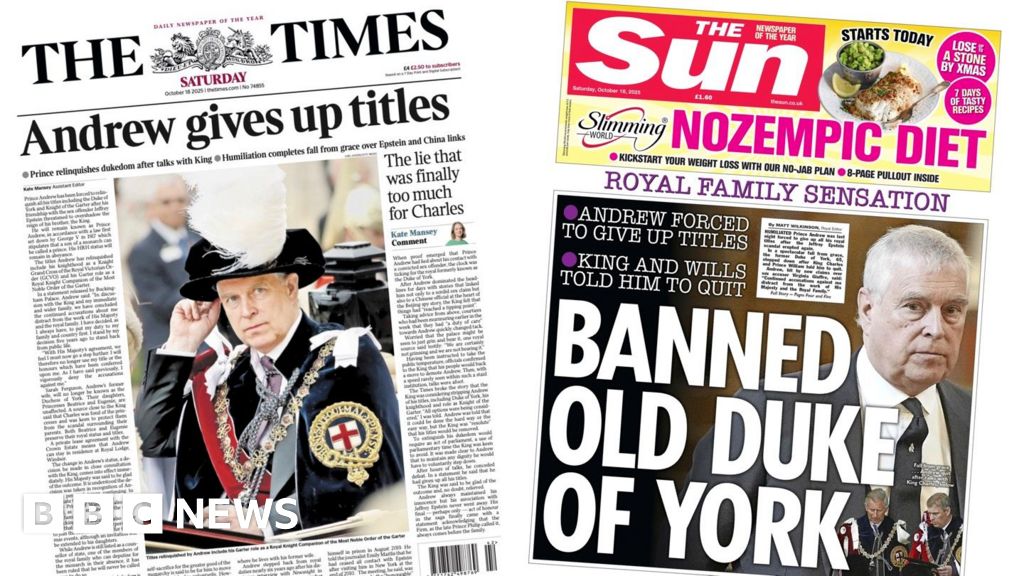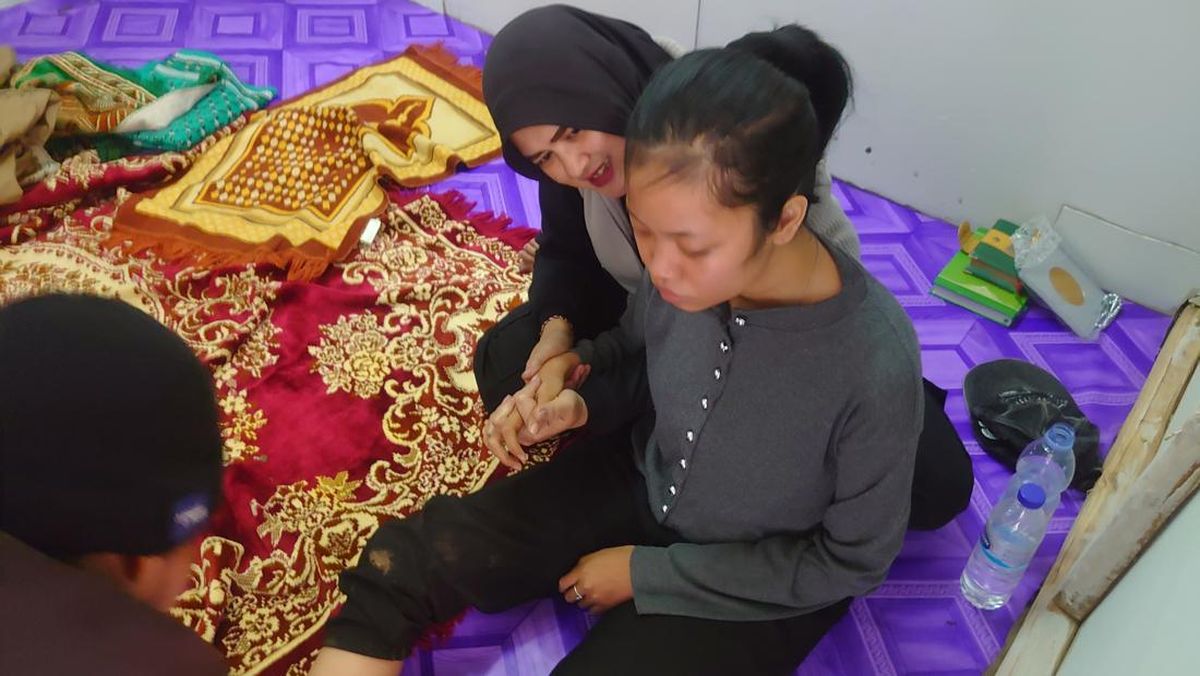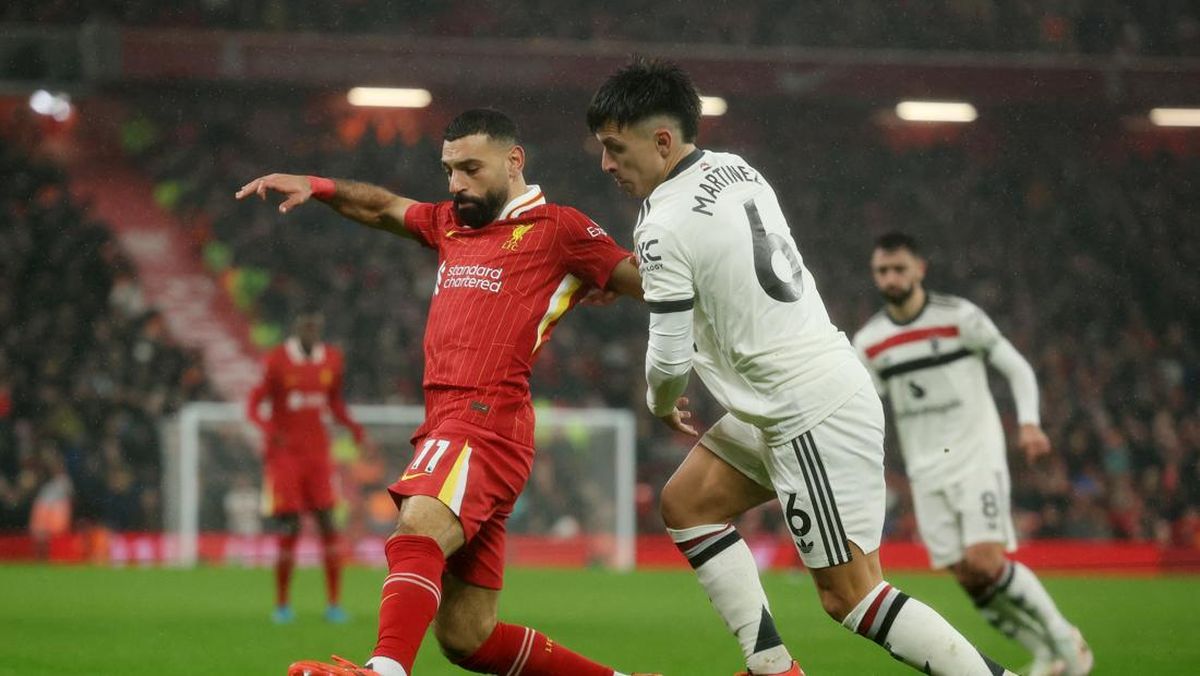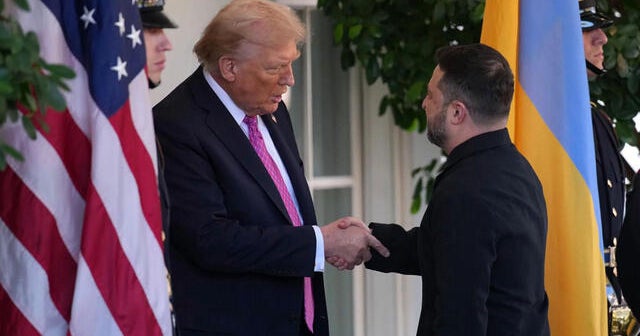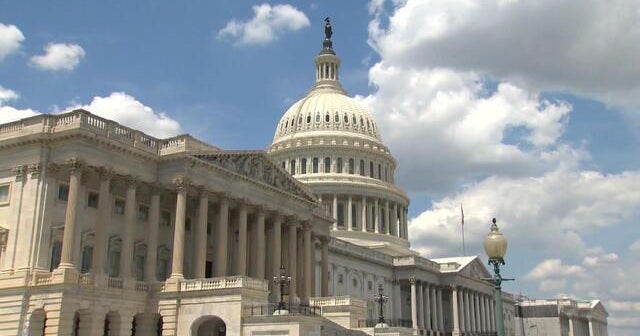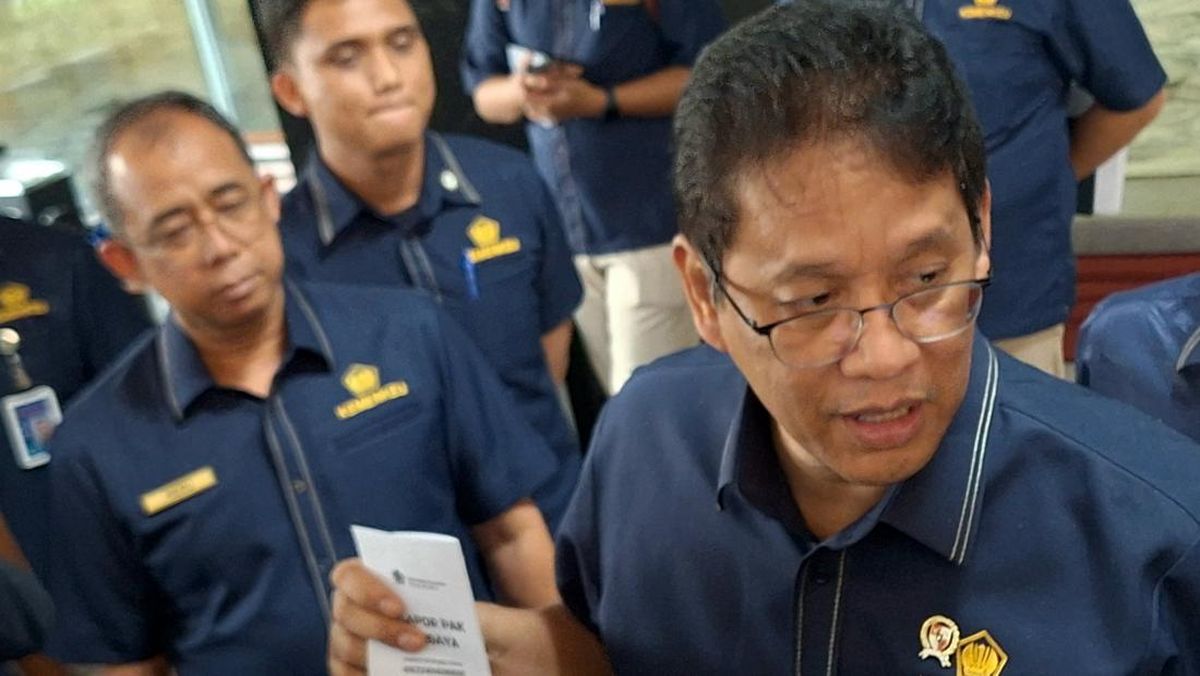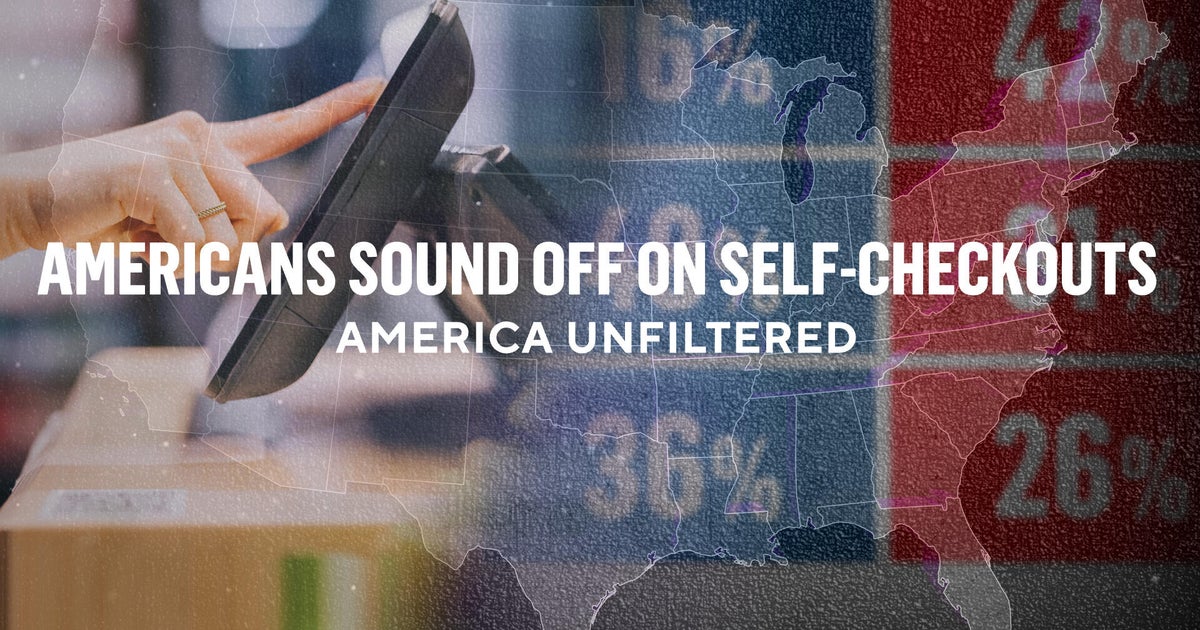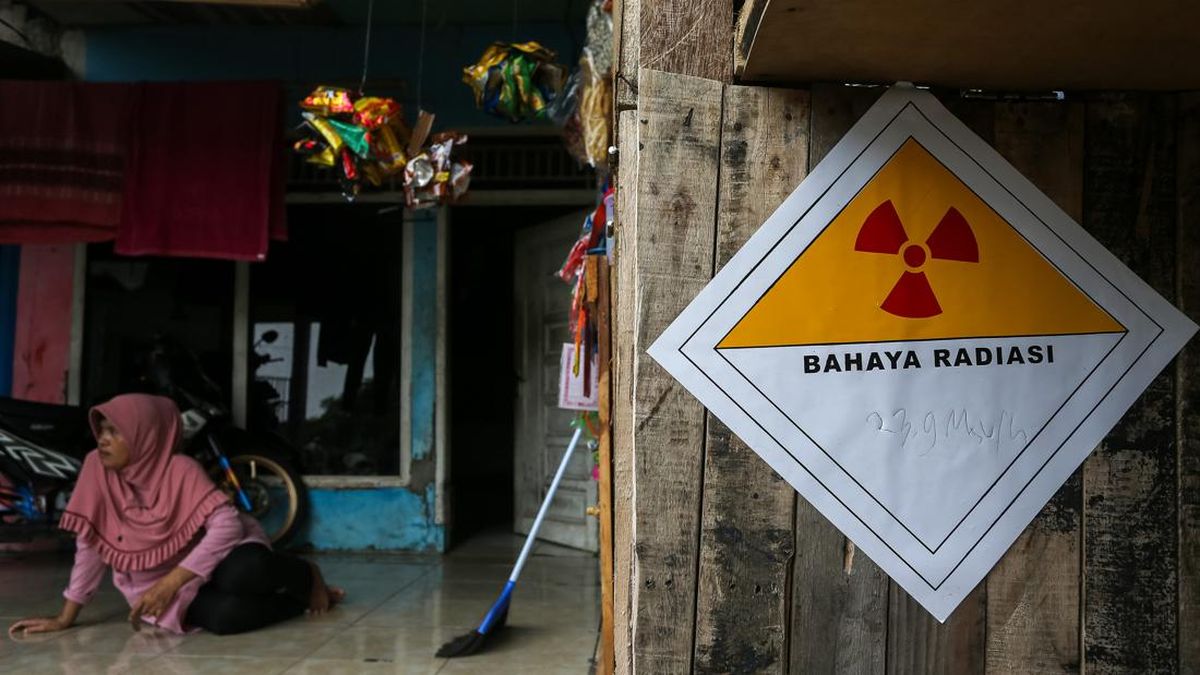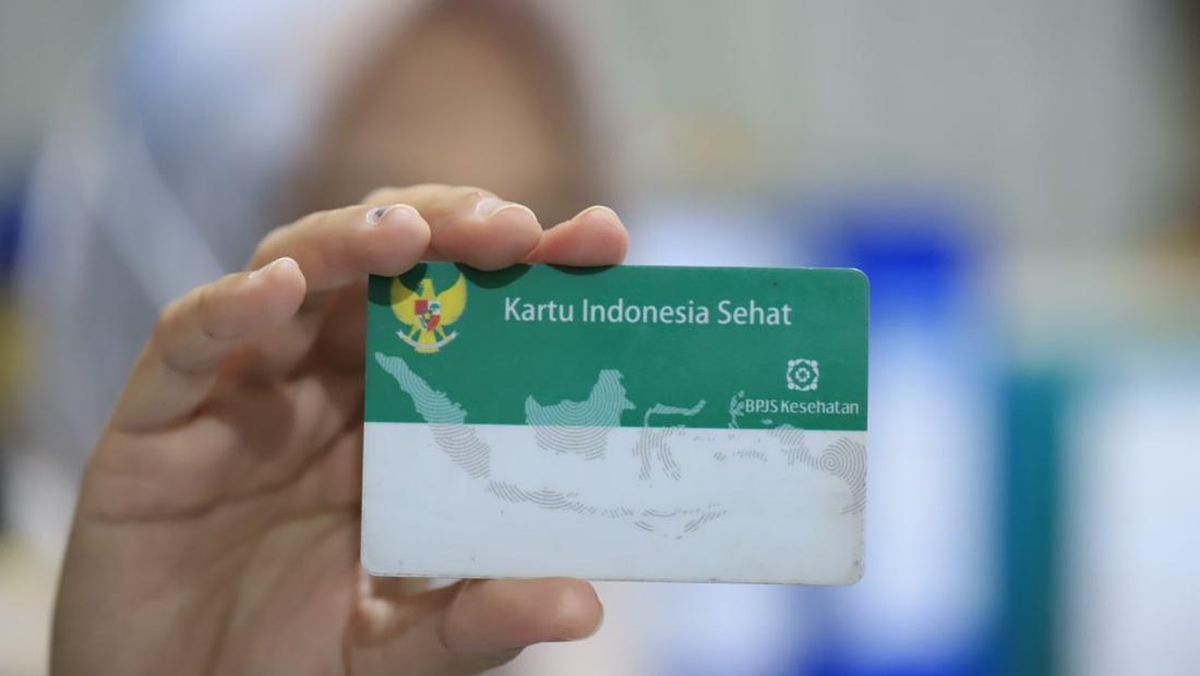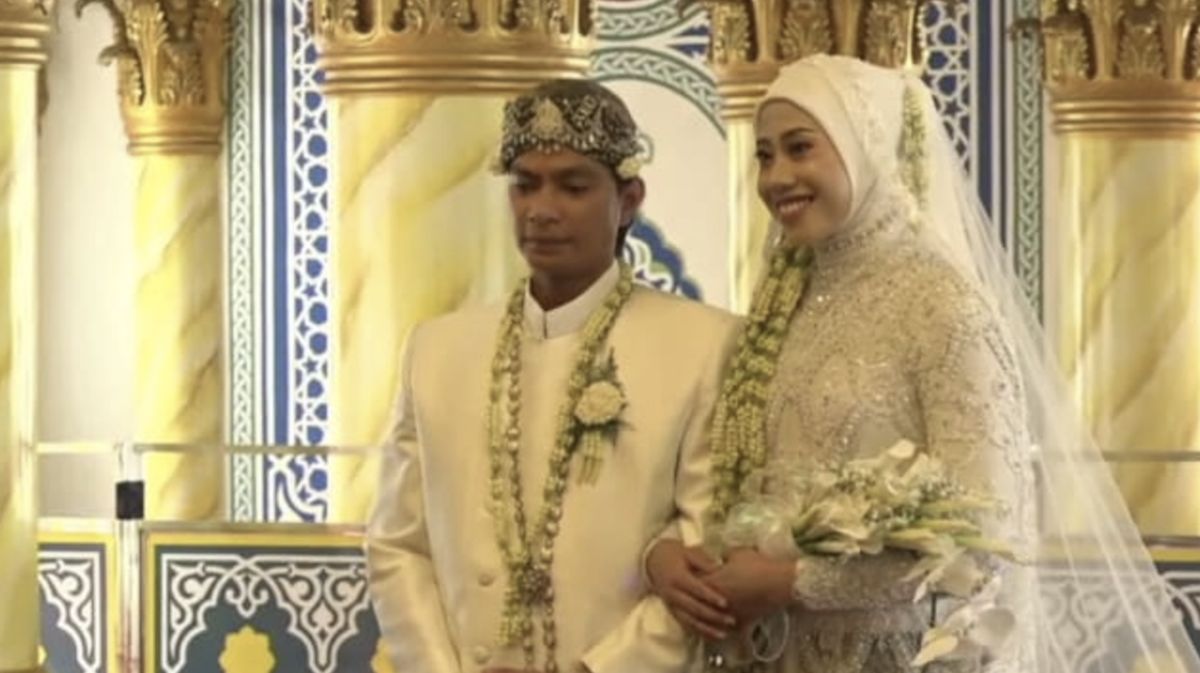When most new parliamentarians make their way to Canberra, they know very few people. Far from friends and family, a warm email from the Parliamentary Sports Club – one of the first many MPs receive – encouraging them to join and take part in social sport seems like an exciting opportunity.
Since the early 2000s, it has operated along the sidelines of parliament, an unofficial club organising matches for MPs, their staff, journalists, and a select few from the private sector across a number of codes. With a small membership of around 100, and a fee of just $275 per three-year parliamentary term to cover uniforms and insurance, joining is a no-brainer.

It doesn’t seem like Senator David Pocock will be playing social sport at parliament any time soon.Credit: Stephen Kiprillis
However, earlier this month private questions over the club’s corporate sponsorship by fossil fuel companies, alcohol lobbyists, and gambling peak bodies have spilled into the public sphere, culminating in the expulsion of independent senator David Pocock over comments he made during Senate estimates.
Now Pocock has asked Senate President Sue Lines and Speaker of the House Milton Dick to investigate the “structure, governance, and sponsorship arrangements” of the club, and determine whether his expulsion for questions asked under parliamentary privilege during Senate estimates should be referred to the Privileges Committee.
Six MPs who spoke to this masthead, including Pocock, said they had never been lobbied while participating in club events, but many felt Pocock’s expulsion was strange, questioned club chief Andy Turnbull’s handling of the episode, and felt uncomfortable with lobbyist participation in the club.
“The club is not in any way associated with the parliament, which makes Turnbull kicking Pocock out so ridiculous. That’s what made it such a weird response,” one MP said. “He clearly made a mistake in kicking out David. I don’t have the highest opinion of him.”

David Pocock and fellow senator Matt Canavan (left) during a touch rugby match hosted by the Australian Parliament Sports Club last year.Credit: Alex Ellinghausen
The saga quietly began last parliamentary term when Pocock, then a new senator, was asked by Turnbull to speak at an event. The former Wallaby initially agreed, but pulled out once he became aware that petroleum company Ampol was sponsoring the event. Turnbull was taken by surprise, telling this masthead he “doesn’t follow the news” and wasn’t aware of Pocock’s policy platform, but respected the senator’s wishes.
Tension settled until July this year, when Turnbull, looking towards retirement and wanting the club to continue in a formalised capacity beyond his self-avowed “autocratic but consensus-driven” approach, registered the Australian Parliament Sports Club Limited as a non-profit company.
In September, the entity was then listed as a parliamentary lobbyist. Turnbull says this was a natural continuation of the registration of his former entity, Sports Hydrant, registered in September 2009.
The second registration of the club – which Turnbull said had been done in the first instance out of an abundance of caution at the recommendation of a public servant in 2009 – set off alarm bells. Pocock began asking further questions of Turnbull, as the two discussed in private the future of sponsorships, and the senator’s discomfort with the club’s association with firms such as gambling peak body Responsible Wagering Australia and Spirits & Cocktails Australia.
Turnbull did not reveal when asked the cost to become a corporate sponsor, but said the club could not operate without their support.
On Tuesday, October 7, Pocock aired his concerns during a sitting of Senate estimates, asking why Prime Minister Anthony Albanese held honorary patronage of the club.
“[The prime minister is] essentially the president of a lobbying firm that lists Responsible Wagering Australia, Pfizer, Diageo and a bunch of others [as members],” the senator said.
“I’m just wondering how this interacts with the ministerial code of conduct and when the [Prime Minister’s Office] was made aware of this, or when [the Department of Prime Minister and Cabinet] have been made aware of this and what is happening?”
Two days later, on Thursday, Pocock received a WhatsApp message from Turnbull expelling him from the club.
“This week you have soured 20 years of serious effort to bring a harmonious and fun environment to a small part of each sitting day … you chose a cheap shot that will have no effect on the outcome of your anti-gambling campaign. I am sorry it has reached this point but you have left me with no choice,” Turnbull wrote.
The club’s website was taken down by the next day. Independent MPs Allegra Spender, Monique Ryan and Sophie Scamps quit the club. They are the only MPs to quit the club over the ordeal, Turnbull said. On fresh advice from the Attorney-General’s Department, both Turnbull and the club have been deregistered as lobbyists.
The day after Pocock’s expulsion, on Friday, October 10, questions over Albanese’s patronage were raised at a press conference held by the prime minister. Albanese minimised the situation, saying his patronage “comes with the gig”. However, Albanese is the first prime minister to hold the position of club chairman, though Turnbull has wanted sitting prime ministers to automatically take on the honorary position.
“Historically, the chairmanship went to the highest-ranking member of the cabinet who is also a club member,” Turnbull told this masthead, adding that under this policy “the prime minister is automatically the chairman”.
Loading
At the same press conference, the prime minister said: “The amount of time I have spent on the Australian Parliament Sports Club this year is zero. I have participated in zero events in terms of sports, just because I’m a bit busy.”
While there is no evidence to suggest Albanese has participated in sporting events, he did attend an event celebrating the launch of the club’s season at the National Press Club in Canberra on July 28, pictured in an Instagram post alongside Communications Minister Anika Wells, Hunter MP Dan Repacholi, and former Labor minister Joel Fitzgibbon.
When this masthead approached the Prime Minister’s Office with questions, it pointed to his previous comments.
“I don’t really understand how Albanese or [club chair] Don Farrell think this is OK. What’s in it for them? Why do they want to be patrons of a private group that’s facilitating lobbying in parliament?” one MP asked.
“The prime minister doesn’t get it, he doesn’t seem to understand it. He’s got a lot on his mind, but this is a privately run for-profit group that, with its name, is purporting a degree of officialness that it doesn’t really have.”
Albanese flagged later on Friday that Pocock should not have been expelled, and Turnbull has welcomed him back to the club. However, the senator has no intention of returning until lobbyists play no part.
Every parliamentarian that this masthead spoke to about the saga claimed they were unaware of corporate sponsorship, with many saying they didn’t interact with the website or newsletters, instead find out about matches through individual WhatsApp groups for each sport.
Turnbull said he’d sent countless newsletters to members, each listing current corporate sponsors, and that a full list was available on the club’s website. “Ignorance cannot be used as an excuse,” he said.
“I can’t do any more than have multiple forms of communication. I did the overly right thing by being cautious and going on the lobbyist register. Ask their staff why they don’t know [about the corporate sponsors],” he said.
Loading
In private, many MPs have raised questions about the financial operations of the organisation, and how much Turnbull personally makes from running the club. Turnbull told this masthead his salary came in at “less than $100,000”, but was well-earned.
“We’ve only ever raised enough money to make the wheels go around and remunerate me for the effort that I put in, which is huge,” he said.
Turnbull intends to hold a meeting for club members in the final sitting week of the year to answer questions on the club’s operations.
One lobbyist, who was not a member of the club but had spoken to Turnbull about membership, and asked to speak on the condition of anonymity, said he was surprised the club was operating “almost like a private company running within a parliamentary system”.
“It seemed like a bizarre arrangement. I would have always thought a parliamentary sports club would just be run by staff. This man that flies in and out from Sydney’s northern beaches seems bizarre to me,” the lobbyist said.
The lobbyist said they felt there were strict restrictions on the business they conducted at parliament, and felt the same was not being asked of Turnbull or the club.
Turnbull said that he had considered handing operations of the club to the Department of Parliamentary Services when he retires.
Cut through the noise of federal politics with news, views and expert analysis. Subscribers can sign up to our weekly Inside Politics newsletter.
Most Viewed in Politics
Loading

